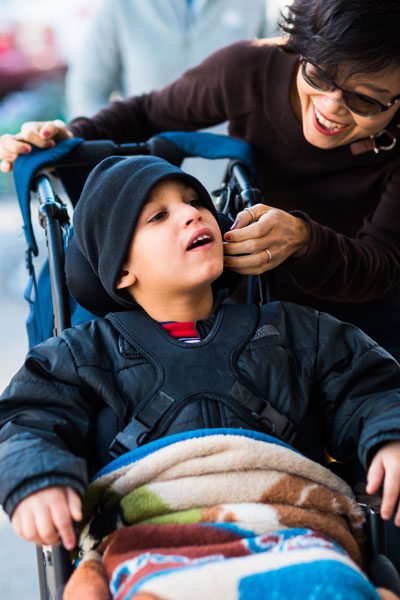You are the most important member of The Team
Parents and caregivers are some of the most important members of the child’s Early Intervention (EI) team. Parents know their child best and they striving to help them reach their full potential. The EI team is trained to help children and families by identifying strengths and needs, coaching strategies to enhance development, and empowering parents to practice new skills during daily routines. A strong parent-professional partnership with the EI team will improve the child’s EI experience.
We encourage parents and caregivers to…


~ Be confident in sharing your child’s strengths and needs
a) You know your child best and the information you have is indispensable.
b) If you think something is going on with your child, most often you are correct—listen to your instincts. Start the conversation about anything that concerns you.
c) When attending meetings or appointments have a list of questions or concerns written down and available.
~ Get involved and participate in your child’s EI services.
a) Prepare for the EI home visit… If appropriate, talk to your child about the home visit, have an area ready for play and learning and try to turn off phones/TV or any distractions.
b) Ask your child’s Early Intervention Specialist for techniques, exercises, or games that the family could incorporate into their routine.
c) Choosing to include your child’s doctors in conversations about Early Intervention can prove to be valuable. This partnership does not always routinely happen, parents are the ones that often build this relationship.
d) Learn from advocacy groups or contact a support group—The EI Parent Leadership Project, The Federation for Children with Special Needs, MASS Family Voices and Family TIES of Massachusetts to name a few.
~ Know your legal rights within the EI system.
a) Review your notice of family rights and procedural safeguards.
b) If you disagree or have a difference in opinion, feel free to speak to your child’s service coordinator or PCCD’s EI Director (Cheryl Bruk). In the event you have not found a solution, contact the Department of Public Health’s office of Family Rights and Due Process.
Do you have questions or concerns about your child’s development? Anyone can refer a child to EI for a free evaluation. Please contact The Professional Center for Child Development at 978-475-3806.
By: Ellen (McGrail) Waddill, M.Ed.



